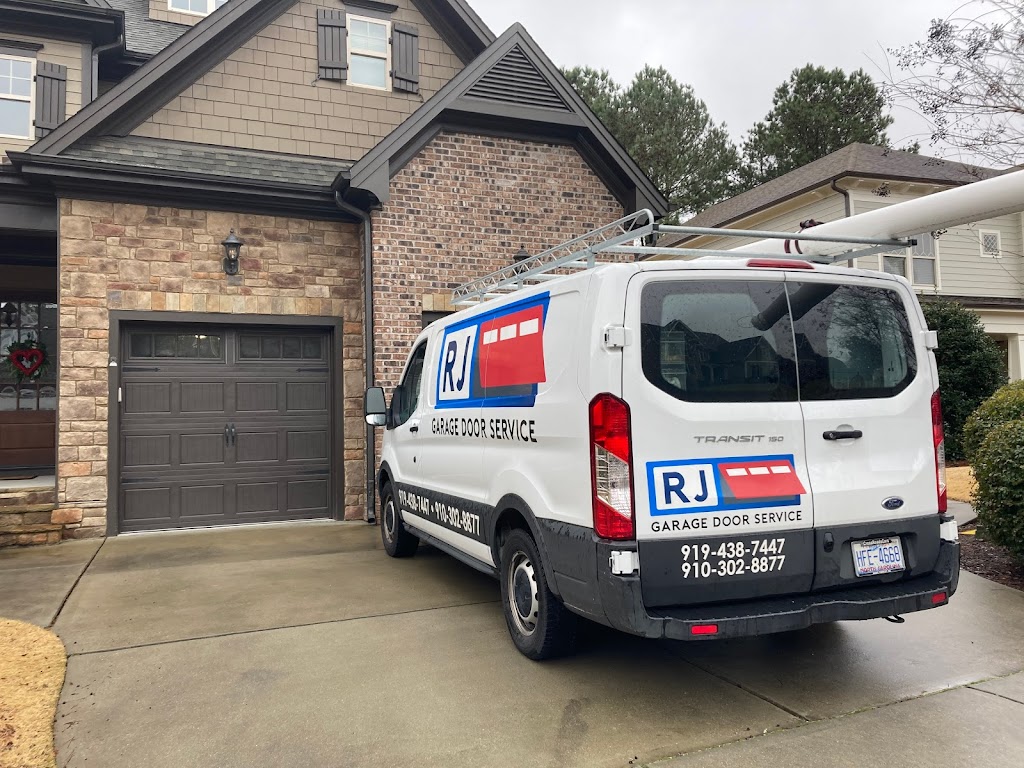If you’re a business owner, you know the importance of having a reliable, durable, and efficient garage door. Whether you’re running a warehouse, an auto repair shop, or a retail store with a loading dock, the right garage door can make all the difference. In this guide, we’ll walk you through everything you need to know about standard commercial garage doors, from types and materials to costs and maintenance.
Standard Commercial Garage Door Types
Commercial garage doors come in several types, each designed for specific business needs. Here are the most common ones:
- Sectional Doors: These are made of panel sections connected with hinges. They open vertically, sliding up along tracks. They’re perfect for warehouses or industrial settings.
- Roll-Up Doors: As the name suggests, these doors roll up into a coil above the door opening. They’re great for saving space and are often used in storage facilities and service stations.
- Sliding Doors: These doors slide horizontally and are a good choice for wide openings. They’re often seen in industrial settings where space constraints are a concern.
- Fire-Rated Doors: Built to withstand high temperatures, these doors are essential for businesses prioritizing safety, like factories and kitchens.
Standard Commercial Garage Door Average Cost
The cost of a commercial garage door can vary widely depending on the size, material, and additional features. Here’s a quick breakdown of average prices:
- Basic Roll-Up Doors: $800 – $2,500
- Sectional Steel Doors: $1,000 – $3,000
- Insulated Doors: $1,500 – $4,000
- Fire-Rated Doors: $2,000 – $5,000
Keep in mind, installation can add another $500 to $1,200 to the total cost.
Material Options
Choosing the right material is crucial for balancing durability, aesthetics, and cost. Here are the most popular options:
- Steel: Known for its strength and durability, steel is the most common choice for commercial garage doors. It’s resistant to dents and can be insulated for better energy efficiency.
- Aluminum: Lightweight and rust-resistant, aluminum doors are ideal for businesses in coastal or humid areas.
- Fiberglass: These doors are lightweight and resistant to corrosion, but they might not be as durable as steel.
- Wood: While less common for commercial use, wood can add a touch of elegance for businesses looking to enhance their curb appeal.
Insulation and Energy Efficiency
If your business operates in extreme weather or you want to reduce energy costs, consider an insulated garage door. Insulated doors help maintain indoor temperatures, keeping your heating and cooling costs in check. Look for doors with high R-values (a measure of insulation effectiveness); a commercial door typically has an R-value between 6 and 12.
Available Standard Commercial Garage Door Sizes
Commercial garage doors are typically larger than residential ones, catering to bigger vehicles and equipment. Standard widths range from 12 to 32 feet, and heights range from 12 to 24 feet. If you have unique size requirements, custom options are available to fit your space perfectly.
- 10 feet wide by 8 feet high
- 12 feet wide by 8 feet high
- 14 feet wide by 8 feet high
- 16 feet wide by 8 feet high
- 10 feet wide by 10 feet high
- 12 feet wide by 10 feet high
- 14 feet wide by 10 feet high
- 16 feet wide by 10 feet high
Durability and Maintenance
A durable garage door is essential for businesses that rely on it daily. Steel and aluminum are popular choices for their strength and low maintenance needs. To keep your door in top shape:
- Regularly lubricate moving parts.
- Inspect tracks and hinges for wear.
- Check the balance of the door to prevent strain on the motor.
- Schedule professional maintenance at least once a year.
Noise Level
No one wants a noisy garage door disrupting their workflow. If quiet operation is a priority, look for doors with nylon rollers and insulated panels. Modern motors and openers also offer quieter performance compared to older models.

